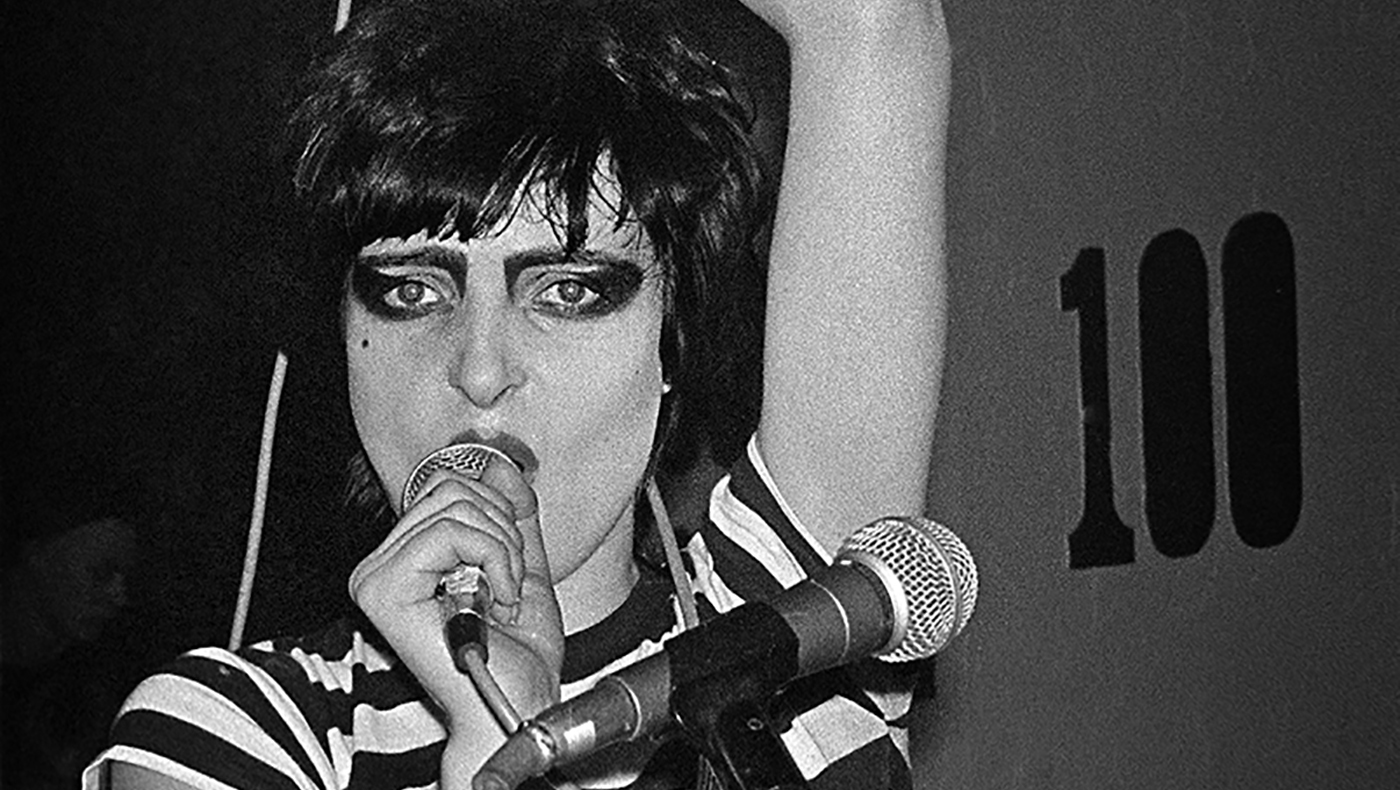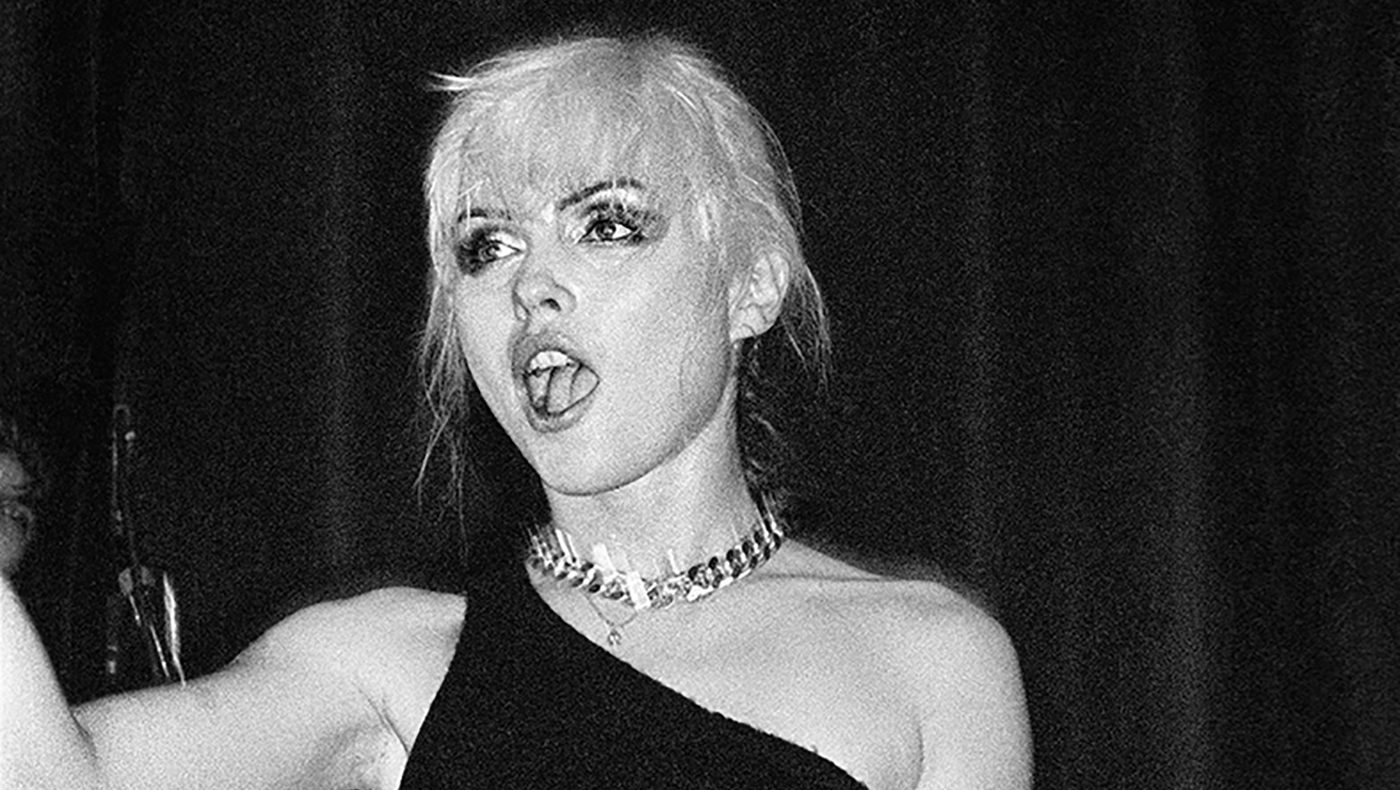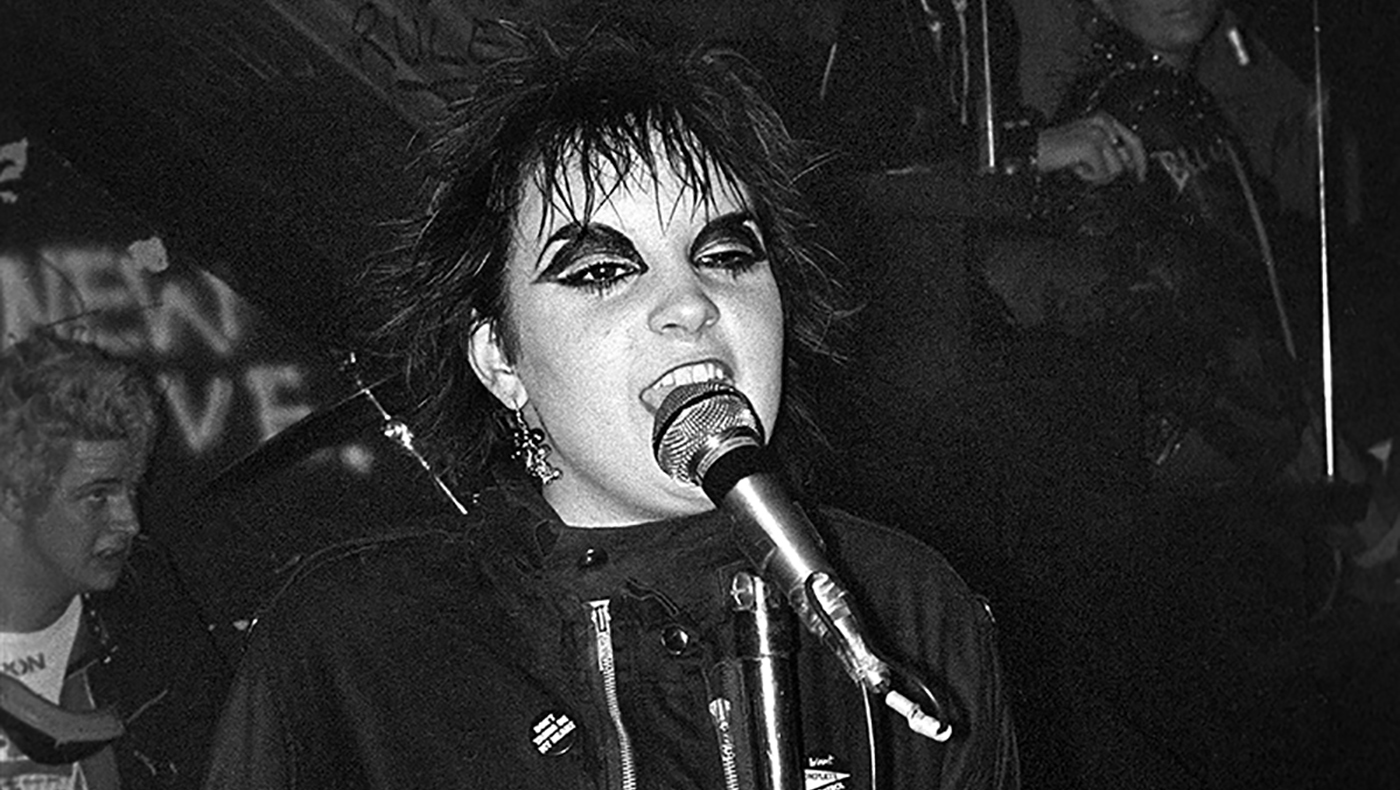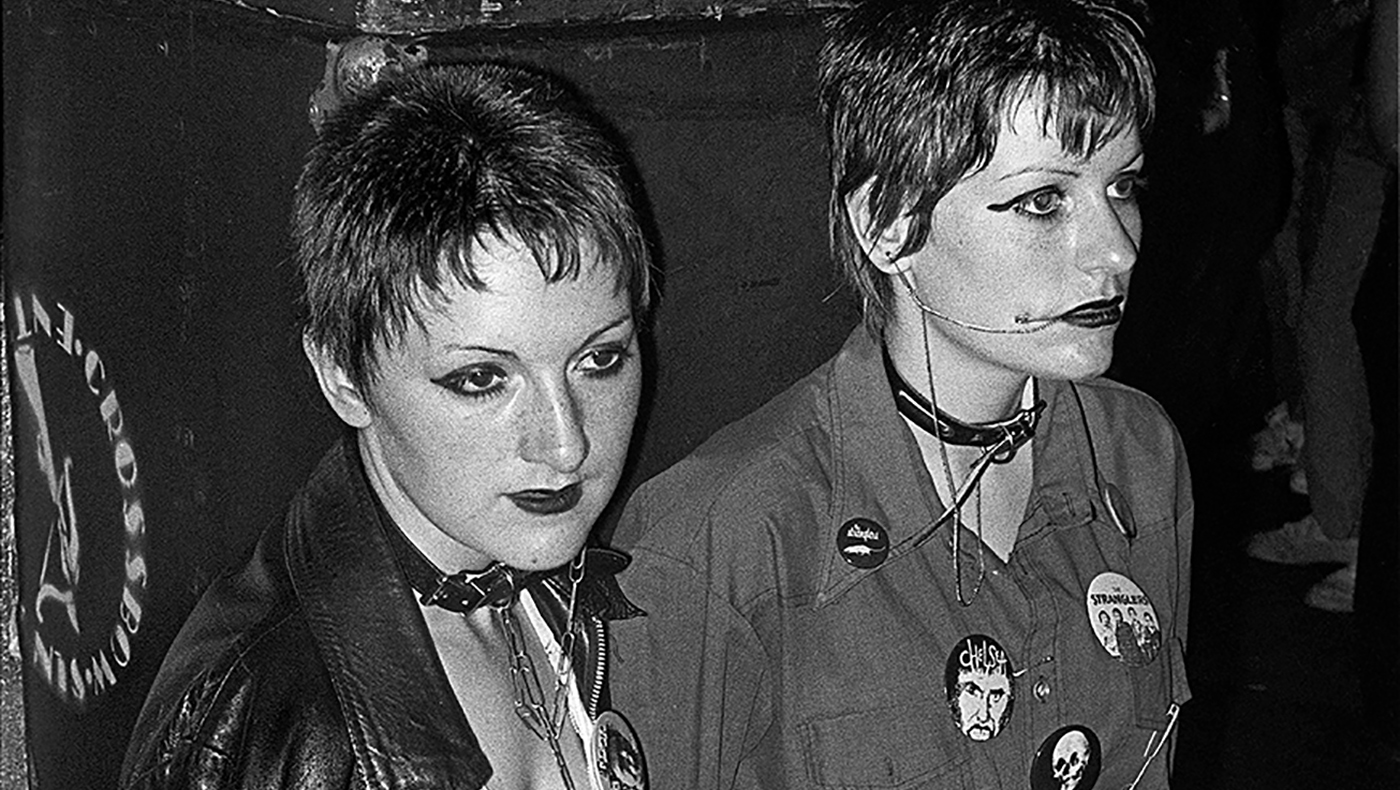Anarchy in the UK: Derek Ridgers on 40 years of punk
The acclaimed photographer's new book, Punk London 1977, captures the birth of one of Britain's most era-defining subcultures
A free daily email with the biggest news stories of the day – and the best features from TheWeek.com
You are now subscribed
Your newsletter sign-up was successful




When punk started, I was just a music fan with a borrowed camera. I used to photograph bands by jumping into the photo pit and pretending to be a real photographer – in those days, there was little or no security. Then, in 1976, punk came along and the fans started to become more photogenic than the bands, so I swung my camera around and photographed them.
I was 26 when punk happened and, personally, I felt I was too old to be a punk. Besides which, I didn't really have the gumption – I was just interested in the fabulous ways young people would express themselves through their clothes and behaviour and the way they augmented, changed and styled themselves. Other than a few well-heeled kids who'd got their clothing from shops such as Sex and Boy on the King's Road, most of the early punks wore clothes they made or, more often, modified themselves.
I think it was obvious fairly early on that what was happening was some sort of defining cultural moment. The clues were there even before the end of that year, but it's only really been in the past few years that it dawned on me as to what extent.
The Week
Escape your echo chamber. Get the facts behind the news, plus analysis from multiple perspectives.

Sign up for The Week's Free Newsletters
From our morning news briefing to a weekly Good News Newsletter, get the best of The Week delivered directly to your inbox.
From our morning news briefing to a weekly Good News Newsletter, get the best of The Week delivered directly to your inbox.
Although I didn't really engage with the kids I was photographing at the clubs, there was certainly plenty coming back the other way, if you could call it that. You couldn't shoot in the mosh pit at places like the Roxy without having people "engage" fairly enthusiastically. I'm quite a big bloke and I did push back, otherwise I'd have got badly trampled. Other than that, the punks were fine with me. Almost all of them were friendly, actually.

Originally, punk simply meant doing it yourself in your own way. In the beginning, this was applied to music, but gradually, within the first 18 months or so, the punk modus operandi also influenced many other areas of popular culture, such as writing, fashion and art.
Fairly soon, however, punk became just another marketing opportunity and it got comprehensively sold back to the kids from whence it had come. These days, punk is mainly about fashion: mohicans, safety pins, chains and painted leather jackets, as well as having an anti-social attitude and listening to music that hasn't really developed much since the late 1970s.

There's no point in being snooty about all that though. Punk no longer belongs to the 1970s or, for that matter, to the people who think they invented it. It now belongs to the world – it can be what you want it to be. Some of the young punks in Japan, China or East LA have probably never heard of the Sex Pistols, just as I'd never heard of Al Bowlly when I was their age.
A free daily email with the biggest news stories of the day – and the best features from TheWeek.com
Punk was really the last in a series of very visible and easily identifiable British subcultural youth movements, which is why I think it's still so important 40 years on. Unfortunately, most young people these days express their individuality via social media, so they never really even have to go out. There are still some great clubs, great music, great styles and some fantastically outlandish dressing-up, it's all just a lot more disparate these days.
Punk London 1977 (Carpet Bombing Culture, £14.95)
DEREK RIDGERS is best known for his photographs of club and street culture, and has captured iconic images for the broadsheets and leading style and music publications for over 40 years; derekridgers.com
-
 The environmental cost of GLP-1s
The environmental cost of GLP-1sThe explainer Producing the drugs is a dirty process
-
 Greenland’s capital becomes ground zero for the country’s diplomatic straits
Greenland’s capital becomes ground zero for the country’s diplomatic straitsIN THE SPOTLIGHT A flurry of new consular activity in Nuuk shows how important Greenland has become to Europeans’ anxiety about American imperialism
-
 ‘This is something that happens all too often’
‘This is something that happens all too often’Instant Opinion Opinion, comment and editorials of the day